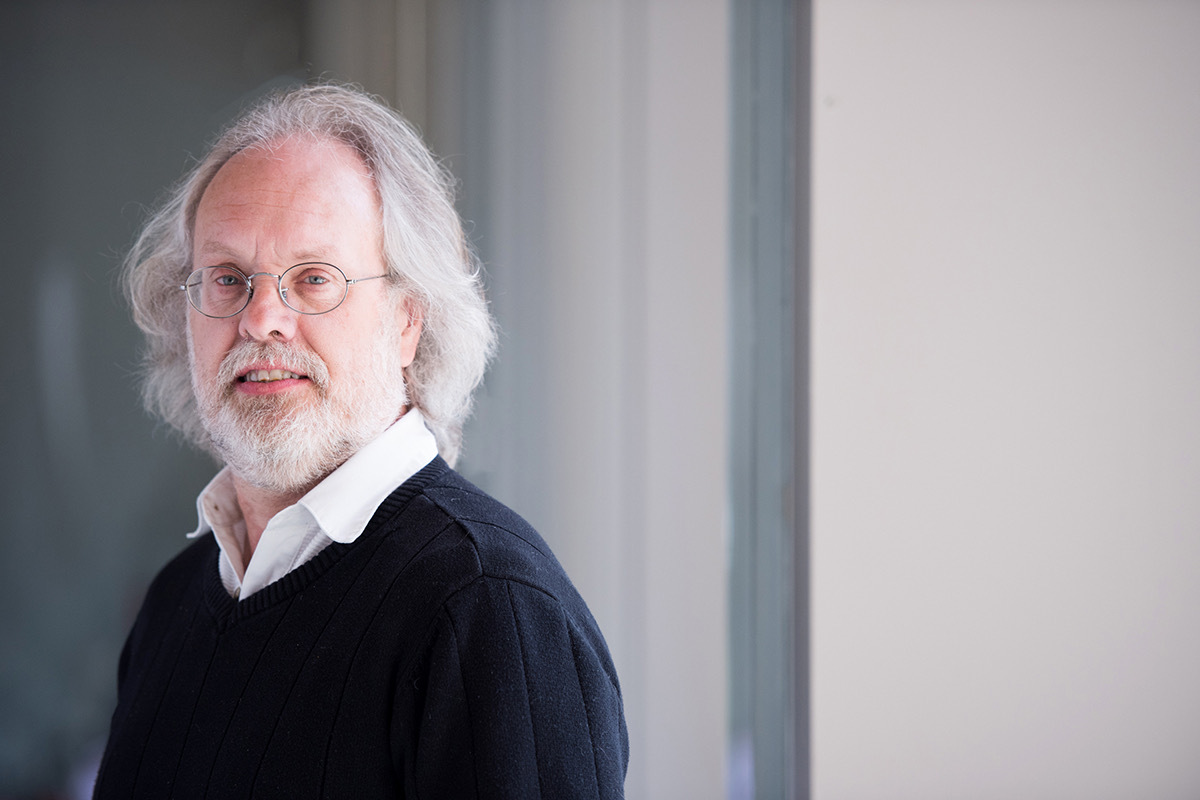"I remember when I was five," said Robert van de Geijn, newly retired Professor Emeritus of Computer Science at the University of Texas at Austin, and lead of the Science of High-Performance Computing group at the Oden Institute for Computational Engineering and Sciences.
"Back in 1967 or ‘68 probably. My father was a medical physicist - which is a computational scientist back before it was fashionable to be a computational scientist. This was before computers were generally available, but an army buddy of his was the manager of an IBM Business Center in the Netherlands. So, in the middle of the night, he would give my father access to their business machines to do his scientific calculations, and my dad would drag me along in the dark in these rooms with these gigantic computers that don't do more than the most basic calculator does now."
He paused in a moment of reflection.
"And, you know, I think that that's probably where it started."
The work that van de Geijn has done in the time between living this story and telling it has impacted computer science (CS) on a fundamental level.
In the early 1970s, theoretical computer scientists like Edsger W. Dijkstra postulated that algorithms could be developed systematically to be correct. This was very exciting with the sole drawback that no one could figure out how to take it from theory to practice - and they kept on not figuring it out until Robert van de Geijn and Maggie Myers, partners in research and life, decided to figure it out.
It was they who discovered that applying those techniques was very practical in their professional domain of dense linear algebra and that by rigorously applying those techniques, many new algorithms could be discovered. But of course, it wasn't as simple as popping a new technique into a vending machine and shaking it until a half dozen new career-defining algorithms fell out.
“What really happened,” explained van de Geijn, “was that we were both teaching courses that introduced these techniques to undergraduates while we were discovering new algorithms. At some point in time, we asked ourselves what the process was by which we were managing to come up with these new algorithms while other people couldn't, and what we recognized was that we were subconsciously applying these techniques that had been pushed early in the 1970s. Once we recognized that, we could make it into something formal."
